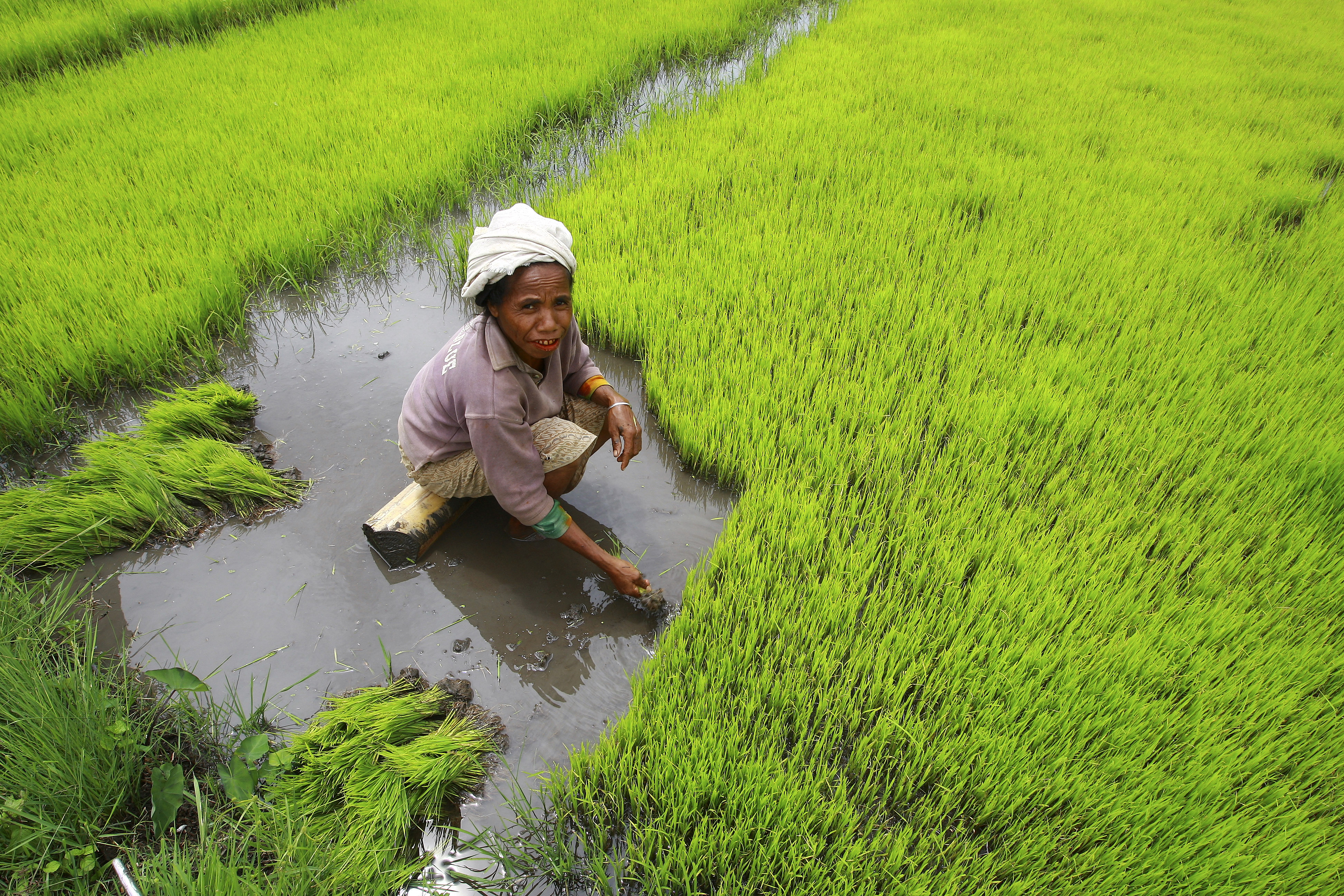
The Economics of Climate Change Adaptation Programme in Asia and the Pacific
The objective of this programme, the first phase of which ran between 2012 and 2015, was to strengthen the capacity of technical officers in Ministries of Planning/Finance, as well as line Ministries (Environment, Agriculture, Water, Public Works, and others) to assess economic costs and benefits when evaluating different adaptation alternatives, as they relate to medium- and long-term national, sub-national and sectoral development plans.
The programme aimed to produce a cadre of practitioners in government who can prepare high-quality economic analyses related to climate change adaptation projects and programmes. In coordination with other ongoing and planned UNDP initiatives, the programme was designed to strengthen governments’ capacity to more fully integrate climate change adaptation into national, sub-national and sector planning and budgeting.
Ultimately, the programme sought to institutionalize these important analytical skills into ministries and departments, and to enable countries to formulate economically efficient and climate resilient development plans, including National Adaptation Plans (NAPs) - a process established under the Cancun Adaptation Framework (CAF) to help countries identify their medium- and long-term adaptation needs.
In 2017, the ECCA programme transitioned into Phase Two, in collaboration with the Asian Insititute of Technology.
For more information visit : ECCA Asia and the Pacific.
- Global
- United Nations Development Programme (UNDP)
- Asian Development Bank
- Centre for Environmental Economics and Policy in Africa (CEEPA)
- Global Water Partnership
- USAID
- Yale University
Expected outcomes
The programme was designed and rolled out as a compliment to UNDP's support to countries on adaptation with financing from the Least Developed Country Fund, Special Climate Change Fund (managed by the Global Environment Facility) and the Adaptation Fund. It was aligned with UNDP-GEF-UNEP support to countries that are preparing to formulate National Adaptation Plans (NAPs).
Specifically, the approach adopted in this capacity building programme was based on the following key elements:
• Training of technical officers at the national and sub-national level to estimate the economic costs and benefits of climate change impacts as well as adaptation options.
• Support to technical officers at the national and sub-national level, to assess the costs and benefits of climate change adaptation options in order to promote learning by doing.
• Establishment of the training programme within a suitable center of excellence in the country or region that can provide continuous technical advisory support on the economics of adaptation to countries developing national adaptation plans and investment projects.
• Convening of policy dialogue forums with Ministries of Planning/Finance and line Ministries at the country and regional level to discuss the economics of adaptation in the context of national and sub-national medium and long-term national development plans and investment projects.
• Development and nurturing of a virtual community of practice of technical officers working on the economics of adaptation.
• Support for the appraisal of investment projects for adaptation that can be financed from current and emerging sources of climate finance.
'Uniting theory and action: Asia Pacific Economics of Climate Change Adaptation programme relaunches' - UNDP, June 2017. Notice of launch of Phase Two of the ECCA Programme in partnership with the Asian Institute of Technology.
• Technical officers in Planning, Finance, Environment, Agriculture, Water and Public Works Ministries and others at the national and sub-national level were trained to estimate the economic costs and benefits of climate change impacts, as well as adaptation options.
• Country Teams (comprised of technical officers from relevant Government Ministries, academia and others) conducted assessments on the costs and benefits of climate change adaptation options (this work was linked to ongoing adaptation projects financed by the Least Developed Country Fund, Special Climate Change Fund and/or Adaptation Fund).
• Investment projects for adaptation financed from current and emerging sources of funds such as the Green Climate Fund were assessed in terms of their economic costs and benefits.
• The training programme was established within a suitable learning center in the country or region in order to provide continuous technical advisory support to countries on the assessment of economic costs/benefits of adaptation.
• Regular policy dialogue forums with Ministries of Planning/Finance and line Ministries were conducted at the country and regional level, to discuss the economics of adaptation in the context of national and sub-national medium and long-term national development planning process.
• A virtual community of practice working on the economics of adaptation was established, with innovative means to share lessons and knowledge, including Live Chats and Webinars- virtual classroom settings where participants discuss issues with the lead mentors as well as each other. The Global ALM platform provided facilities for the community of practice to share learning materials, as well as lessons learned.
Programme Related Documents
Programme Related Events
Communities of Practice, Live Chat and Webinar
Communities of Practice Platform
First Live Chat Session Summary Report (June 2013)
Second Live Chat Session Summary Report (September 2013)
Hydro-Economic Model Webinar (November 2013)
Post-Meeting Evaluations
Satisfaction Index of Launch Meeting Bangkok (24-26 Oct 2012)
Satisfaction Index of First Regional Meeting in Bangkok (11-14 March 2013)
- UNDPPradeep KurukulasuriyaHead of Climate Change Adaptation, Global Environmental Finance Unit, Bureau for Policy and Programme Support
- UNDPMari TomovaTechnical Specialist
